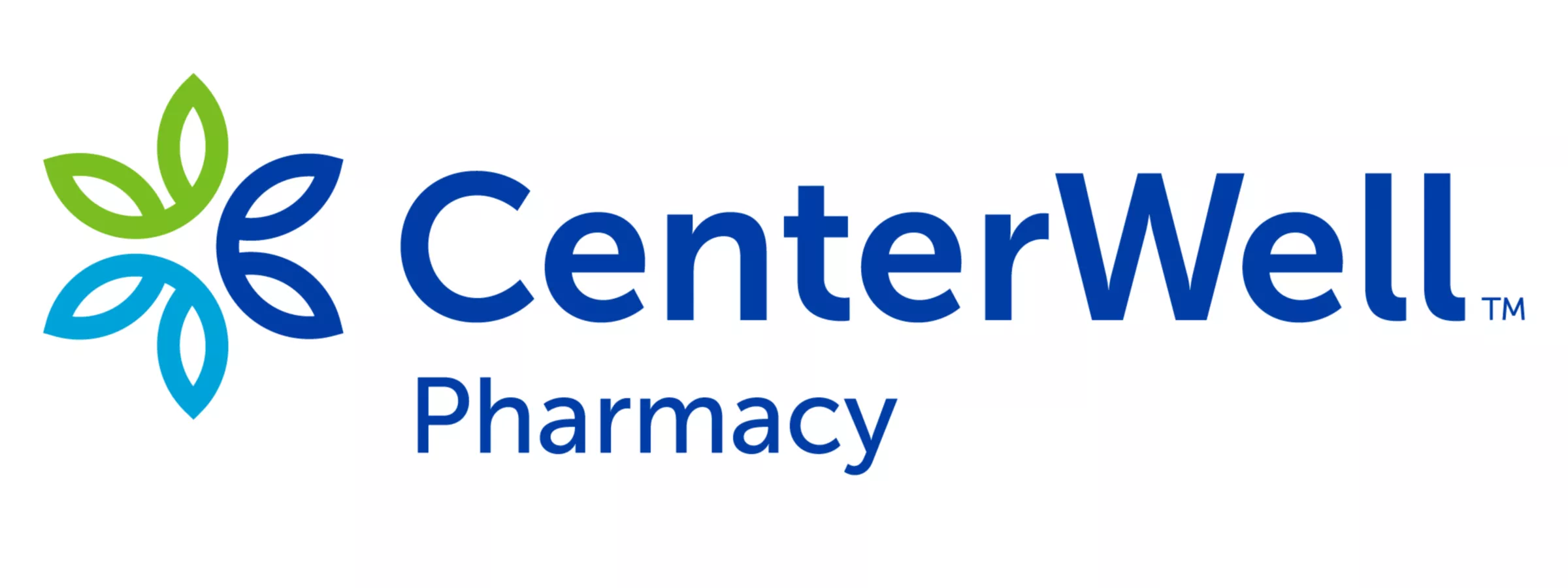Medication adherence is defined as consistently taking medications as prescribed and correctly following guidelines on dosages, timing and frequency. By encouraging medication adherence, plan sponsors can contribute to significant economic improvements in today’s healthcare system. Approximately 125,000 American lives are lost annually to poor medication adherence, and cost estimates of non-adherence range from $100 billion to $300 billion a year in additional emergency visits, hospitalizations and other complications.1
“A big risk of medication non-adherence is a return to the emergency department or [hospital] readmissions,” warns Suzanne Johnson, a distinguished research professor at the Florida State University College of Medicine. “If you’re not following a treatment plan, you’re probably not going to get better.”






